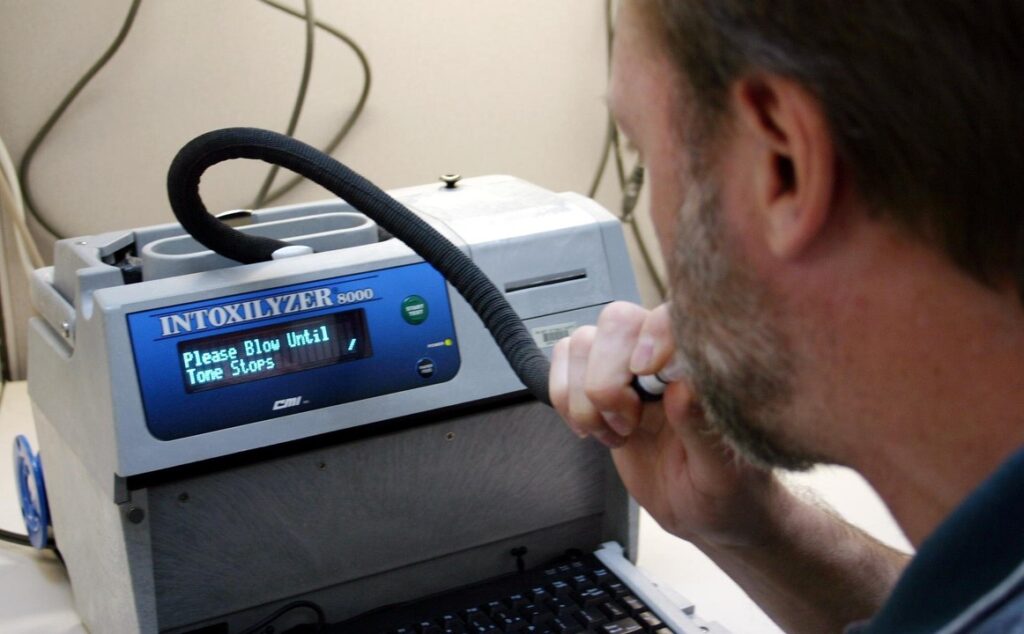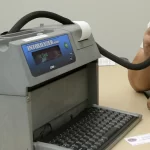Driving Under the Influence (DUI) refers to the act of operating a vehicle while under the influence of alcohol or drugs. This can include prescription drugs, over-the-counter medications, and illegal substances. A DUI charge can result in severe legal consequences, including fines, jail time, and a permanent criminal record.
If you have been charged with a DUI, it is important to know your legal rights and options for fighting the charge. A DUI conviction can have a lasting impact on your life, affecting your ability to drive, your job prospects, and your personal relationships. By understanding the DUI process and the strategies for fighting a DUI, you can increase your chances of a favorable outcome and minimize the potential consequences of a DUI conviction.
Table of Contents
Understanding the DUI process
Arrest and Booking
If you are stopped by a law enforcement officer on suspicion of DUI, you may be arrested and taken to the police station for booking. During booking, your personal information and mugshot will be taken, and you may be required to submit to a blood or breath test to determine your blood alcohol concentration (BAC).
Initial Court Appearance
After you have been booked, you will have an initial court appearance. During this hearing, the judge will inform you of the charges against you and set bail if necessary. It is important to have a DUI attorney present at this hearing, as they can provide legal advice and begin building your defense.
Pretrial Hearing
A pretrial hearing is a meeting between the prosecution and defense to discuss the case and potential resolutions. This may include plea bargaining, in which the defendant pleads guilty to a lesser charge in exchange for a reduced sentence.
Trial
If a resolution cannot be reached through a pretrial hearing, the case will go to trial. During a trial, both the prosecution and defense will present evidence and call witnesses to support their case. The jury will then decide the outcome of the case, and the judge will impose a sentence if the defendant is found guilty. It is important to have a skilled DUI attorney to represent you during a trial, as they can challenge the evidence and protect your rights.
Building a Defense
Gather Evidence
Gathering evidence is an important part of building a strong defense against a DUI charge. This may include witnesses to the incident, dash cam footage, and medical records related to any medications you were taking at the time of your arrest. Your DUI attorney can help you gather and review this evidence to build a strong defense.
Hire a DUI Attorney
Hiring a DUI attorney is crucial to fighting a DUI charge. An experienced DUI attorney will have a deep understanding of the DUI process and the strategies for fighting a DUI. They can provide legal advice, represent you in court, and help you build a strong defense.
Challenge the Arrest or Evidence
In some cases, it may be possible to challenge the legality of the arrest or the validity of the evidence. For example, if the police did not have probable cause to stop you or if the breathalyzer was not calibrated properly, your attorney may be able to argue that the evidence should not be admissible in court.
Use Expert Witnesses
In some cases, it may be necessary to call expert witnesses to support your defense. For example, a toxicologist may be able to testify about the effects of any medications you were taking, while a traffic reconstruction expert may be able to challenge the accuracy of the sobriety tests administered by the police. A DUI attorney can help you determine whether expert witnesses are necessary for your case and how to use them effectively.

Strategies for Fighting a DUI
Plea Bargaining
Plea bargaining is a common strategy for resolving a DUI case without going to trial. In a plea bargain, the defendant pleads guilty to a lesser charge in exchange for a reduced sentence. This can be an attractive option for defendants who want to resolve the case quickly and with the minimum possible penalties. A DUI attorney can advise you on whether plea bargaining is a suitable option for your case and negotiate the best possible deal on your behalf.
Motion to Suppress Evidence
A motion to suppress evidence is a legal argument that certain evidence should not be admissible in court because it was obtained illegally or in violation of the defendant’s constitutional rights. For example, if the police did not have probable cause to stop you or if the breathalyzer was not calibrated properly, a motion to suppress evidence may be filed. This can be a powerful tool for fighting a DUI charge, as it may lead to the exclusion of crucial evidence and a reduction or dismissal of the charges against you.
Jury Trials
A jury trial is a formal court proceeding in which a jury decides the outcome of the case. During a jury trial, both the prosecution and defense will present evidence and call witnesses to support their case. A skilled DUI attorney can help you prepare for a jury trial and present a strong defense on your behalf.
Appeal
If you are found guilty of a DUI, you may have the option to appeal the decision. An appeal is a legal challenge to the verdict, based on the argument that the trial was conducted improperly or that there were errors in the application of the law. A DUI attorney can advise you on whether an appeal is appropriate in your case and assist you with the appeal process.
Facing a DUI charge can be a daunting and stressful experience. However, it is important to prepare a strong defense to protect your rights and minimize the consequences of the charges against you. With the help of a DUI attorney, you can better understand the DUI process, gather evidence, and build a strong defense.A DUI charge is a serious matter that requires prompt attention and a solid defense strategy. If you have been charged with DUI, it is important to act quickly and seek the help of an experienced DUI attorney. With the right support and preparation, you can increase your chances of achieving a favorable outcome and move forward with your life.

The Retired Cop dedicated 35 years to serving as a police officer, where he gained extensive experience by working in various specialized units such as patrol, SWAT, major case investigations, and traffic enforcement. His diverse background in law enforcement has equipped him with a deep understanding of criminal justice and operational procedures. This expertise allows him to offer valuable insights into legal matters, drawing from his extensive knowledge of the justice system.





